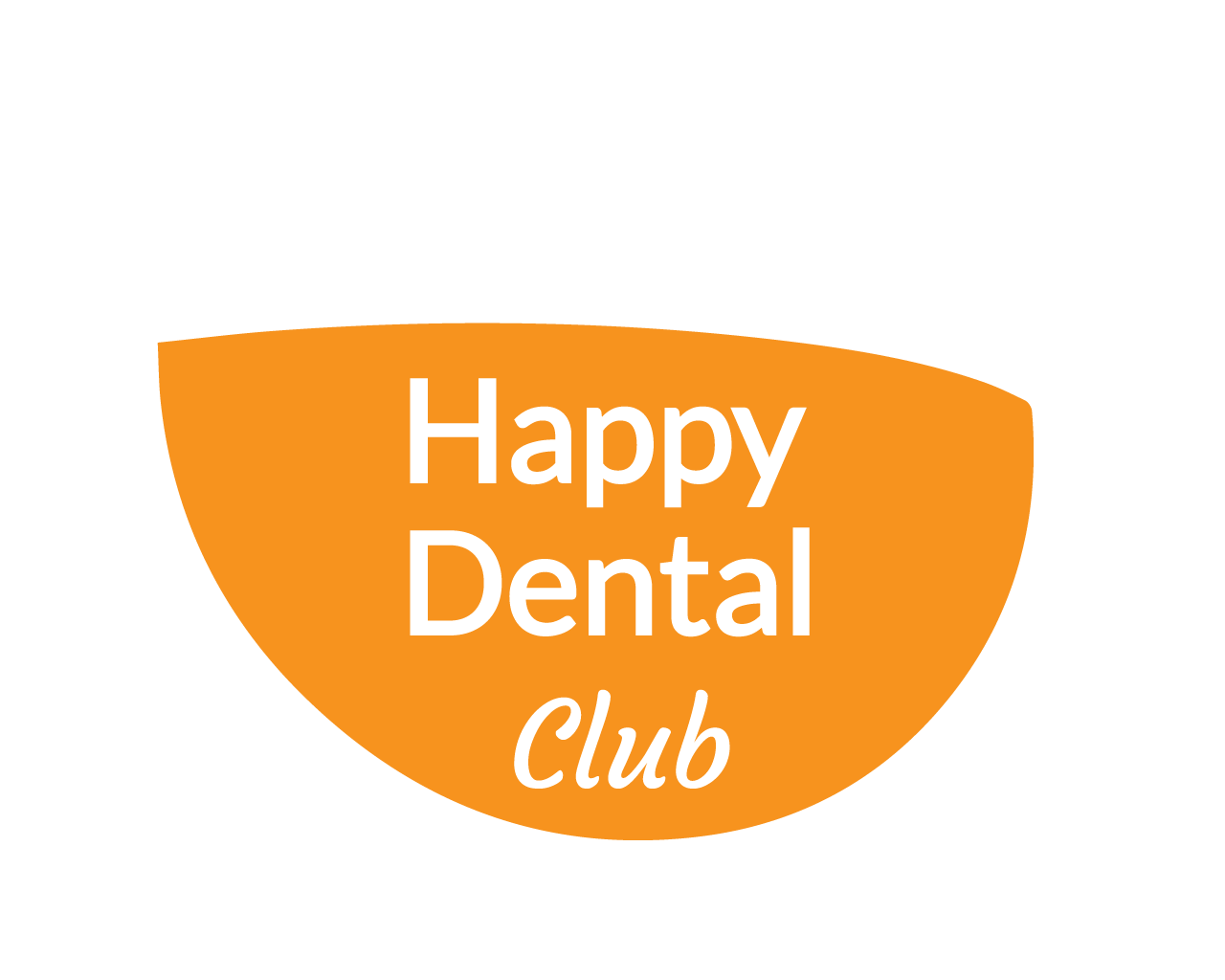Plaque: Understanding Its Formation and Impact on Your Oral Health
Plaque: Understanding Its Formation and Impact on Your Oral Health
Plaque is a sticky film of bacteria that forms on teeth and gums. It can lead to tooth decay, gum disease, and other oral health problems if not properly managed. In this article, we’ll explore what plaque is, how it forms, and its impact on oral health.
Understanding Plaque Formation
Plaque forms when bacteria in the mouth combine with food particles and saliva to create a sticky film. Over time, this film hardens into tartar, which can only be removed by a dental professional.
What factors contribute to plaque formation?
Poor oral hygiene practices, consuming sugary or acidic foods and drinks, dry mouth, and smoking all contribute to plaque formation.
What is the role of bacteria in plaque formation?
Bacteria feed on the sugars and starches in your mouth, producing acids that erode tooth enamel and irritate gum tissues. This process contributes to the formation of plaque.
The Impact of Plaque on Oral Health
Plaque buildup can lead to tooth decay, gum disease, and bad breath. If left untreated, it can also cause receding gums and tooth loss.
What are the negative effects of plaque on oral health?
Plaque can cause cavities, gingivitis (early stage gum disease), and periodontitis (advanced gum disease). It can also result in unpleasant breath and discoloration of teeth.
What are the consequences of untreated plaque buildup?
Untreated plaque buildup can lead to the need for costly dental procedures, including root canals, extractions, and dental implants. It also increases the risk of other health problems, such as heart disease and stroke.
What is the relationship between plaque and gum disease?
Gum disease can develop when plaque buildup causes inflammation and irritation of the gums. If left untreated, it can progress to periodontitis, which can result in tooth loss.
Prevention and Treatment of Plaque Buildup
Good oral hygiene practices, such as brushing twice a day and flossing daily, can help prevent plaque buildup. Regular dental cleanings are also important to ensure that tartar is removed.
What dental hygiene practices can prevent plaque buildup?
Brushing twice a day, flossing daily, and using mouthwash can all help prevent plaque buildup. Additionally, consuming a balanced diet and avoiding sugary or acidic foods and drinks can also be beneficial.
How often should I brush and floss to prevent plaque buildup?
It is recommended to brush and floss twice a day to help prevent plaque buildup.
Why are professional dental cleanings important for plaque prevention?
Professional cleanings by a dental hygienist can remove tartar buildup that cannot be removed through brushing and flossing alone.
What tools and products can aid in plaque prevention?
Electric toothbrushes, water flossers, and interdental brushes can all aid in plaque prevention.
Special Cases: Plaque and Health Conditions
Plaque buildup has been linked to other health conditions, including heart disease and diabetes.
What is the link between plaque and cardiovascular health?
Studies have shown that untreated gum disease can increase the risk of heart disease and stroke. The inflammation caused by gum disease may contribute to the development of cardiovascular problems.
How does plaque impact diabetes?
Diabetes can make it more difficult to fight off infections, including those caused by plaque buildup. This can lead to more severe gum disease and other oral health problems.
Conclusion
Plaque buildup can have significant consequences for oral and overall health. Practicing good oral hygiene habits and seeking regular dental care can help prevent plaque buildup and its related health problems. If you have concerns about your oral health, speak with your dentist or dental hygienist for advice and recommendations.

